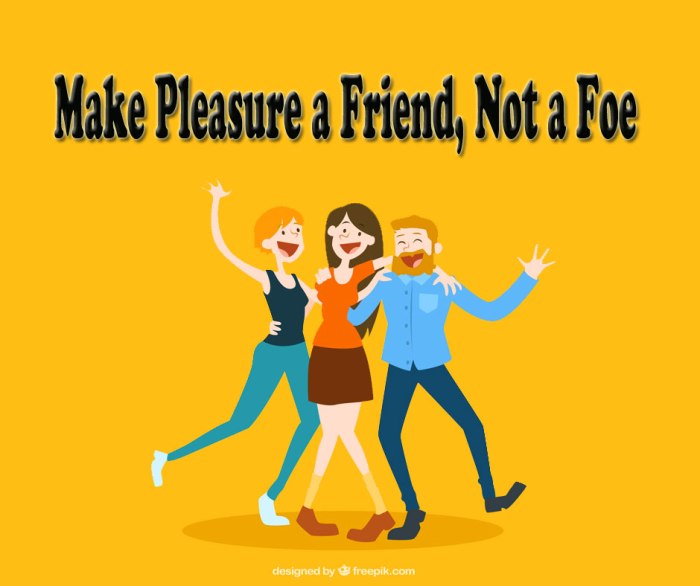
Problems are like crowbars and spades. One can use the latter to dig pits and plant fruit saplings which after some years will begin to yield delicious fruits for future generations or one can also use them to dig pits for the purpose of burying landmines and killing people. Likewise we can use our problems either to brighten our future and lift it up or darken it and blow it up. We can use them either as medicines to cure our moral and psychological diseases or make them act as germs to cause more and more diseases.
We can use them as sources of positive inspiration for our future activities or as forces to pull us back on to the path of our overall development preventing us from moving forward. We can use them as occasions to look back and rectify our track or as tragedies to push us into unimaginable depths of despair and suffering. Let us not forget that it is when we are tried very badly on account of constant problems, tensions, hardships and difficulties that we begin to search for all the possible powers, skills and abilities that are treasured within us. Joseph Campbell, an American mythologist, writer and lecturer, best known for his work in comparative mythology and comparative religion, has rightly said, “Opportunities to find deeper powers within ourselves come when life seems most challenging.”
Let us never forget that every life-challenging situation has a life-changing solution. Let us hence look upon problems not as blocks to life’s thrills but as pathways to castles of success and excitement. Let us look upon them as effective tools with which we can build up a bright and prosperous future not as strong winds that can disperse and scatter the clouds of success possibilities in the horizons of our respective lives. They do contain within them enlightening, healing, nourishing and strengthening powers which can be visible only to the eyes of hope and optimism.
If we think our future is going to be dark on account of the problems that we face, no amount of light from any number of sources can ever make it bright, causing even the sun, the moon and all the stars to all feel defeated. Likewise if we think that nothing good can happen in our lives on account of the difficulties and problems that we are facing, no amount of external assistance and influence can ever make us believe that difficulties are pathways to the certainty of success and that problems are stepping stones to remarkable achievements.
We need to firmly believe that problems are success opportunities in disguise. While dealing with problems, we ought not to bother about the pricks and pains that we sense from outside. Even pineapples though so sweet and delicious inside are so prickly and unattractive on the outside. With the eyes of hope, wisdom, experience and maturity we must be able to see the treasures of useful hints and suggestions hidden inside each of them. Where there is hope, where there is wisdom, where there is experience and where there is maturity, no one with a problem can feel let down and put down without a constructive solution.
Wise and clever as he was, Hugh Miller, a self-taught Scottish geologist, writer and folklorist was able to speak about problems thus, “Problems are only opportunities with thorns on them.” We must hence feel inspired and motivated to ignore the thorns and grasp only the opportunities.
This Excerpt is taken from the book: Opportunities to Grow and Glow by S.Devraj. To Order this book click here: Available Here!










